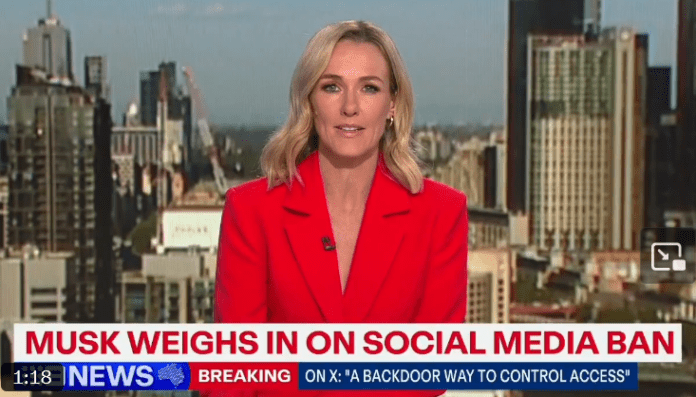Australia’s government has recently announced the abandonment of its plans to impose significant fines on social media companies for failing to control the spread of misinformation. This decision, communicated by Communications Minister Michelle Rowland on November 24, 2024, marks a notable shift in the country’s regulatory approach towards tech giants.
Context of the Proposed Legislation
The proposed legislation aimed to penalize internet platforms up to 5% of their global revenue if they did not comply with new online safety requirements designed to combat misinformation. This initiative was part of a broader regulatory effort by the Australian government, which has expressed concerns over foreign tech companies undermining national sovereignty.
The plan was also set against the backdrop of an upcoming federal election, with the ruling Labor government facing declining popularity in polls compared to the conservative opposition.
Rowland emphasized that four-fifths of Australians supported addressing misinformation, highlighting a strong public desire for action against harmful online content. However, she acknowledged that significant resistance from various political factions—including the Liberal-National coalition and the Australian Greens—made it clear that there was “no pathway to legislate this proposal through the Senate.”
Reactions and Opinions
The withdrawal of this legislation has drawn mixed reactions. Critics, including Greens senator Sarah Hanson-Young, labeled the bill a “half-baked option,” suggesting that it lacked the robustness needed to effectively tackle misinformation. On the other hand, industry representatives, such as those from DIGI (Digital Industry Group Inc.), argued that existing codes already address misinformation and that the proposed fines could have been redundant.
Elon Musk, owner of X (formerly Twitter), had previously criticized Australia’s approach, likening it to fascism. His comments reflect a broader sentiment among tech entrepreneurs who view stringent regulations as overreach.
Despite scrapping the misinformation fines, Australia is moving forward with separate legislation aimed at protecting minors online. This includes potential penalties exceeding $30 million for social media companies that fail to prevent children under 16 from accessing their platforms 23.
Conclusion
The decision to abandon plans for hefty fines on social media companies illustrates the complexities and challenges involved in regulating digital platforms. While there is a clear public demand for action against misinformation, political divisions and industry pushback have complicated efforts to implement effective measures. As Australia navigates these issues, it remains to be seen how it will balance regulatory ambitions with practical legislative realities.





